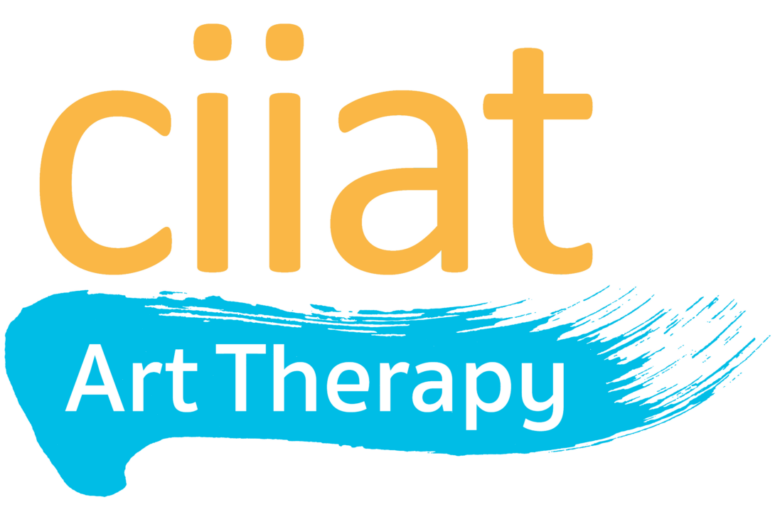

Policy #34: Student Dispute Resolution
34.1 Purpose
In the event of a student dispute, the Compliance and Operations Manager will be notified and a formal dispute procedure will be launched if needed. Conflicts or disputes may include academic expectations (interpretation of assignments and coursework), Clinical Placement/Practicum evaluation, financial difficulties, harassment, evaluation of personal behaviour, participation, and/or requests for support and assistance.
- This policy governs complaints from students respecting CiiAT – The Canadian International Institute of Art Therapy and any aspect of its operations.
- A student who makes or is otherwise involved in a complaint will not be subject to any form of retaliation by the Institution at any time.
- The student making the complaint may be represented by an agent or a lawyer.
34.2 Student Complaint Procedure
- Both students and faculty are encouraged to resolve disputes with the individuals involved. This should be treated as an opportunity to learn and practice skills as part of therapeutic training. The dispute issue should be identified and dealt with within the week that it is brought forward.
- If the dispute cannot be resolved, the parties involved are responsible for contacting the Compliance and Operations Manager ([email protected]) to facilitate a resolution. The Executive Director and Clinical Director will be consulted to determine if the situation requires further escalation.
- If the dispute is still not resolved, the student can send a written submission of the complaint to the Program Advisory Committee Representative (Laurie Ness Gordon, [email protected]). If this Program Advisory Representative is absent or named in the complaint, the alternate contact will be Angelique Benois, [email protected]. The written submission should be made by the student a maximum of 7 days from the identified problem.
- The Program Advisory Committee will request written submissions describing the problem from all other parties concerned within 7 days.
- The Program Advisory Committee will review the submissions and conduct investigations. The Chairperson (Laurie Ness Gordon, [email protected]) may appoint another committee member to conduct the investigation. It is mandatory that this person should not be an employee, graduate, or faculty member of the Institute.
- The Program Advisory Committee will provide the Board with a written decision with clearly articulated reasoning. Upon approval, all parties involved will be informed in writing of the final decision and (if any) reconsideration. The delivery of this decision should not exceed 30 days of the initial dispute.
- If it becomes impossible for the Program Advisory Committee to reach an equitable decision that is both workable and can be respected by all parties, then an outside Mediator will be hired by the Institution. The Institution will pay for a maximum 2-hour mediation session with all applicable parties. The mediator’s decision will be final.
- The written reasons for the final decision will advise a student, that if the student is dissatisfied with the determination, and has been misled by the institution regarding any significant aspect of that program, the student may file a complaint with the Private Training Institutions Regulatory Unit (PTIRU) (www.privatetraininginstitutions.gov.bc.ca). Complaints must be filed with PTIRU within one year of the date a student completes, is dismissed from, or withdraws from the program.
Studying with CiiAT is more than just an education,
it’s a personal journey within a supportive community.
Whether it’s through our small, intimate classes, or through our friendly administrative and technical support team, we strive to provide personalized help and attention.